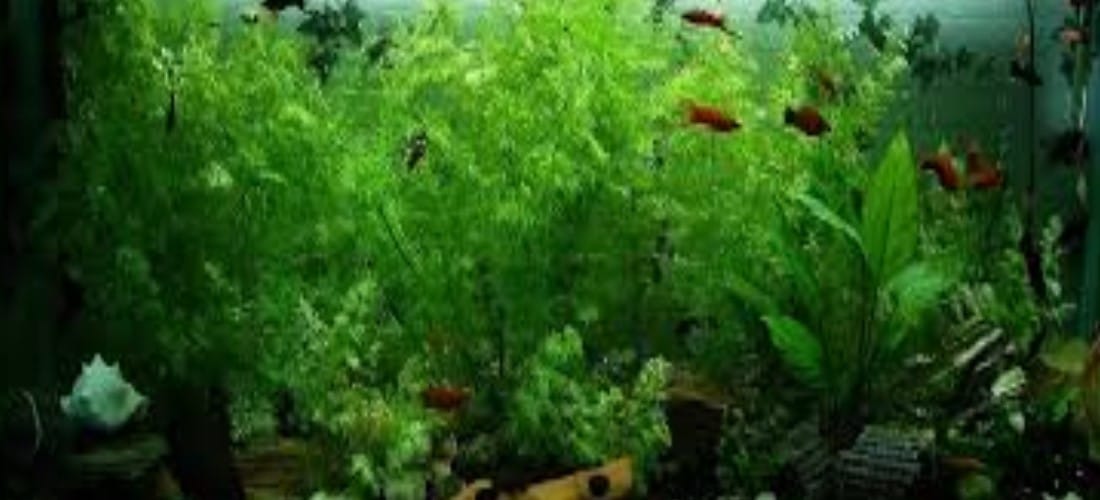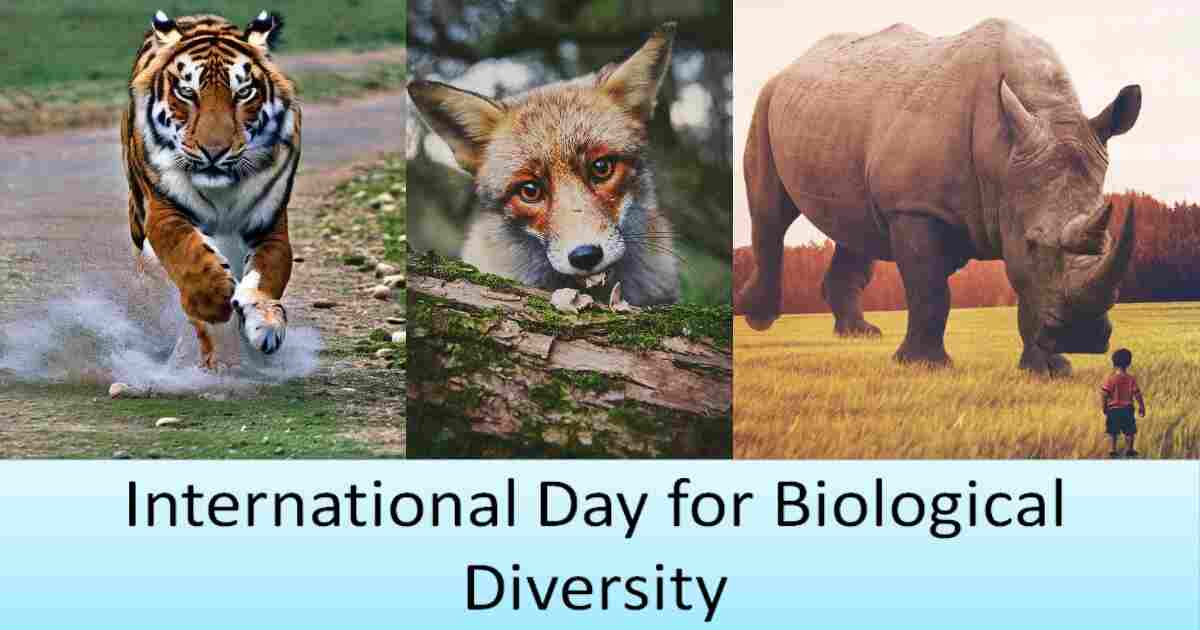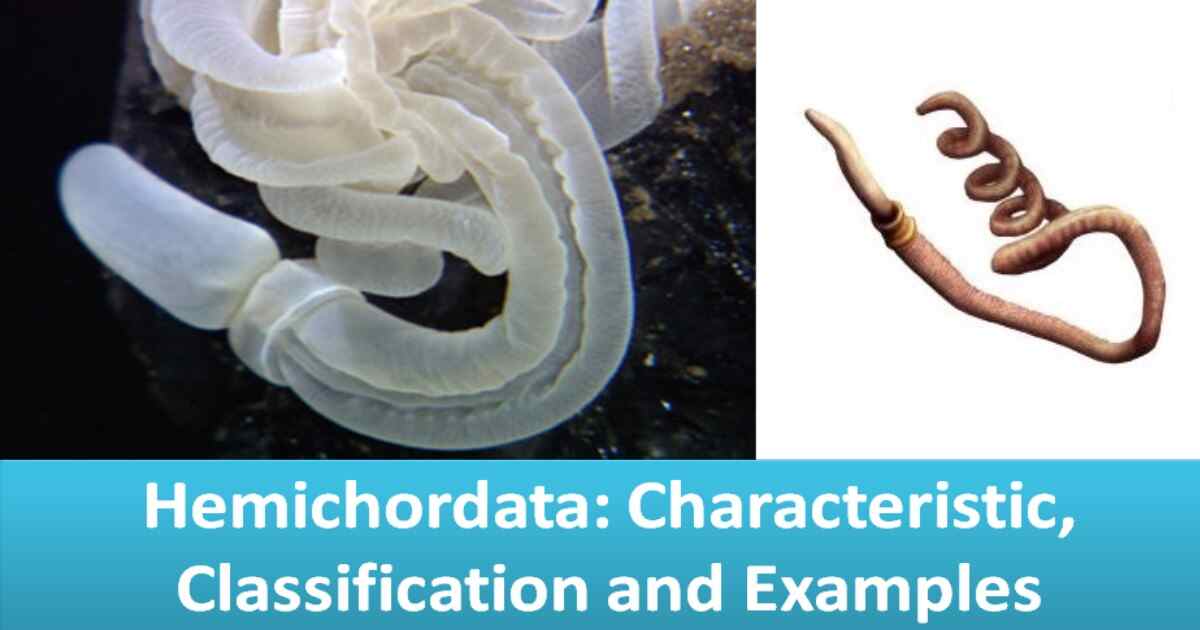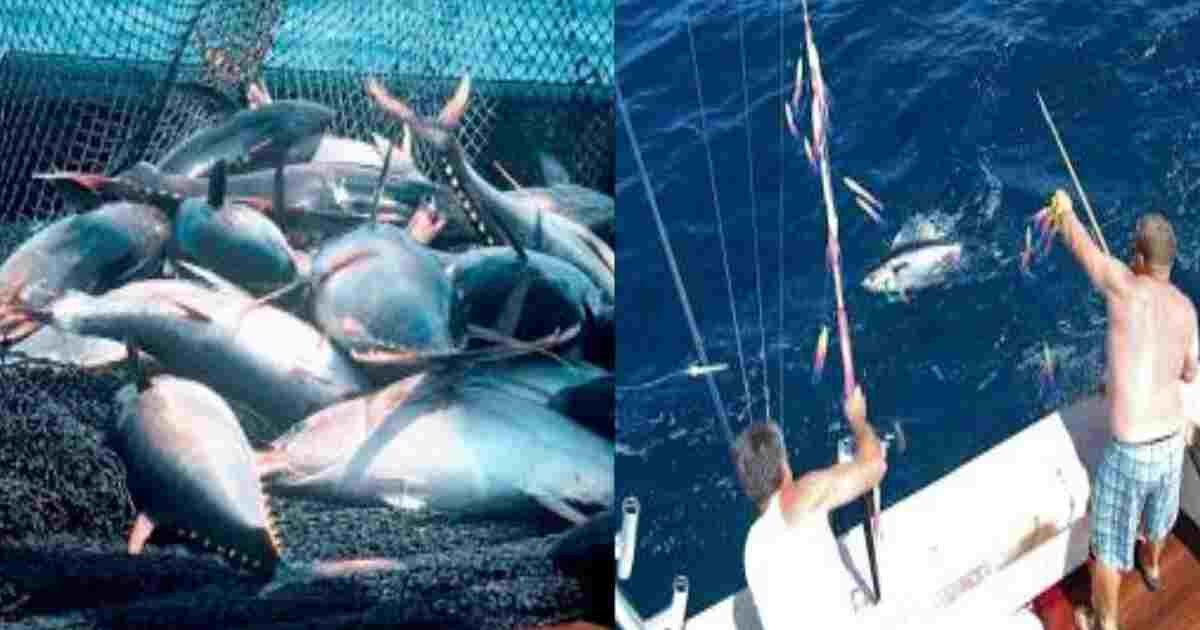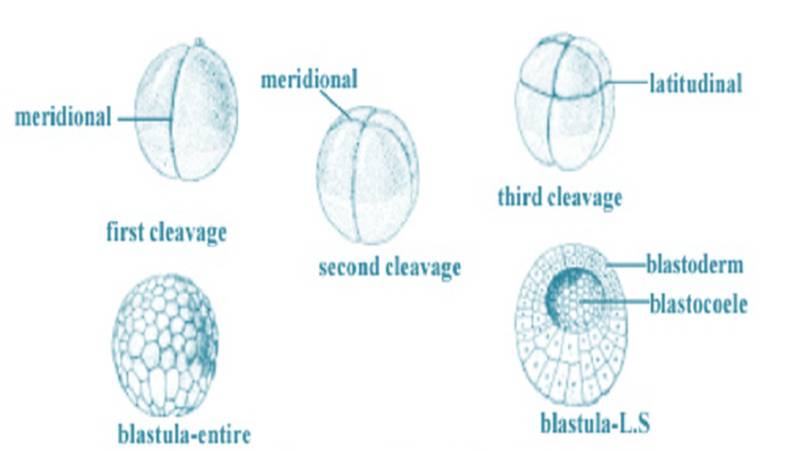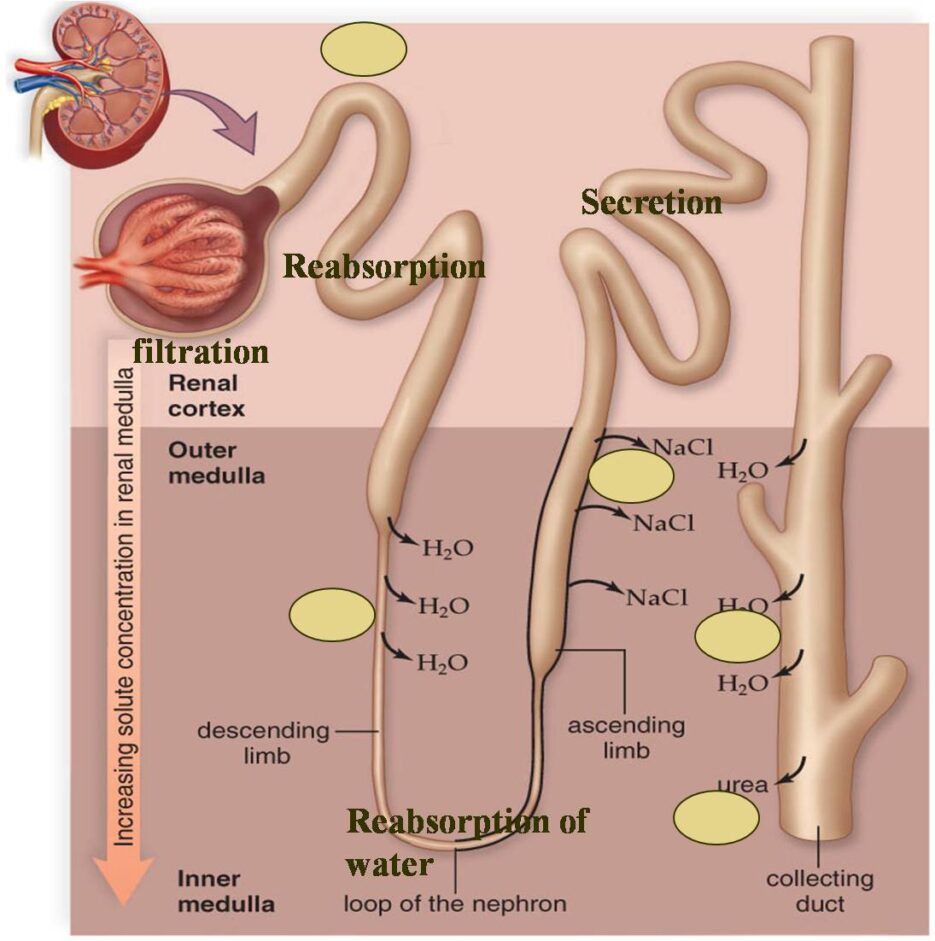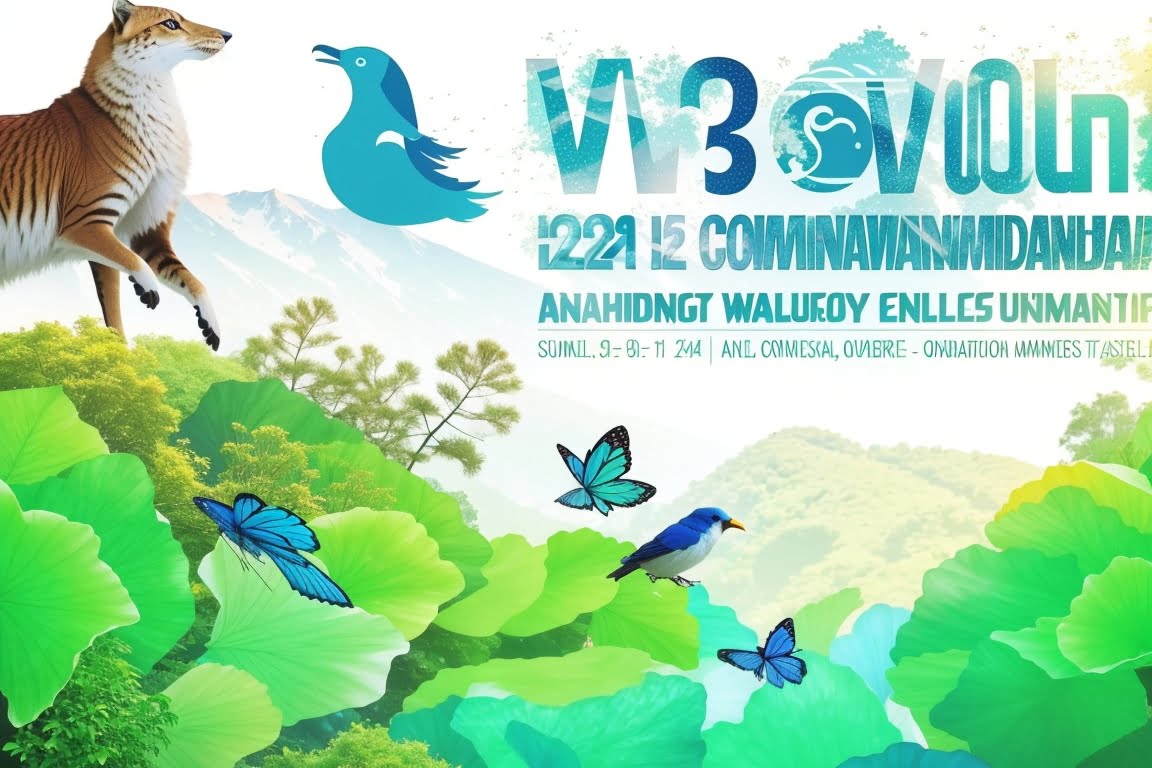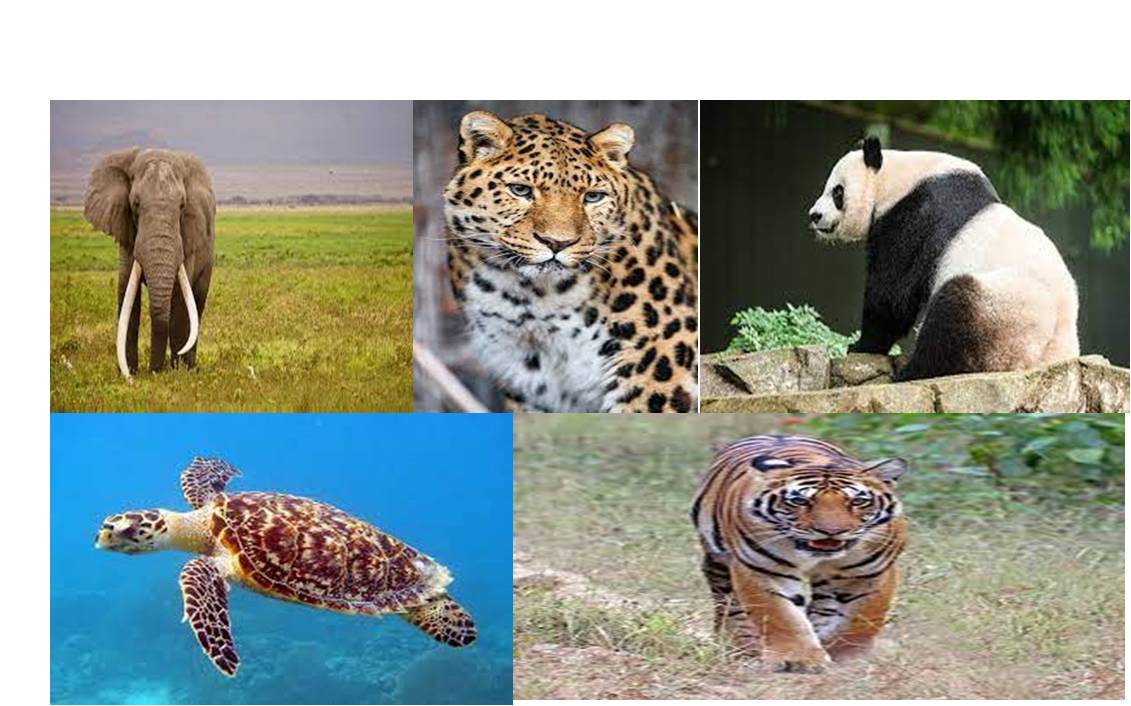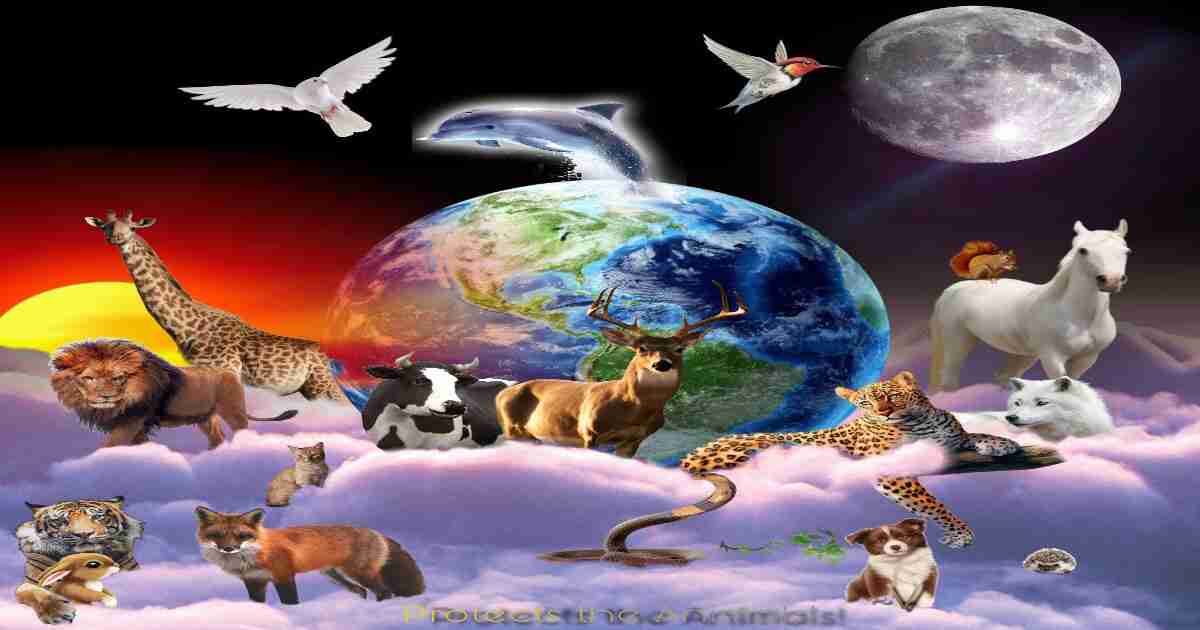World Nature Conservation Day 2023: We come together to celebrate and raise awareness about the importance of preserving our natural environment. As the impact of climate change becomes more evident, it is crucial for us to take immediate action and protect the delicate ecosystems that sustain life on Earth. This article explores the significance of World Nature Conservation Day and highlights the urgent need for conservation efforts worldwide.
What is World Nature Conservation Day?
World Nature Conservation Day is observed on July 28th each year to promote and protect the environment, wildlife, and natural resources. It is a day to reflect on our actions and make conscious efforts to conserve and sustainably use the Earth’s resources.

The History and Purpose of World Nature Conservation Day 2023
The origins of World Nature Conservation Day can be traced back to the early 20th century when global awareness of environmental issues began to rise. The day was officially designated by the United Nations to encourage individuals, communities, and governments to take action against environmental degradation and biodiversity loss.
The Importance of Nature Conservation
Biodiversity Preservation: Preserving biodiversity is vital for maintaining ecological balance. Earth’s diverse range of plants, animals, and microorganisms play a crucial role in sustaining ecosystems and providing ecosystem services, such as pollination, water purification, and climate regulation.
Mitigating Climate Change: Nature conservation plays a significant role in mitigating the impacts of climate change. Forests act as carbon sinks, absorbing carbon dioxide from the atmosphere and helping reduce greenhouse gas emissions. Protecting and restoring forests is crucial to combating climate change.
Sustainable Resource Management: Conservation efforts involve sustainable management of natural resources such as water, minerals, and forests. By using resources responsibly, we ensure their availability for future generations without depleting them. ‘World Nature Conservation Day 2023’
Protecting Endangered Species: Many species are on the brink of extinction due to human activities. World Nature Conservation Day aims to raise awareness and implement measures to protect endangered species and their habitats.
implementation and Actions for Conservation through the:
Reduce, Reuse, and Recycle (RRR): Practicing the three Rs – Reduce, Reuse, and Recycle – can significantly reduce waste generation and its impact on the environment. By consuming less and recycling materials, we can conserve resources and reduce pollution.
Energy Conservation: Using energy-efficient appliances and adopting renewable energy sources, such as solar and wind power, can help decrease our carbon footprint and slow down climate change.
Sustainable Transportation: Opting for eco-friendly transportation, such as cycling, walking, or using public transportation, can reduce greenhouse gas emissions and air pollution.
Government and Community Initiatives
Governments and communities can work together to promote afforestation and reforestation efforts. Planting trees not only helps in carbon sequestration but also enhances biodiversity and reduces soil erosion.
Wildlife Conservation and Protected Areas
Establishing and maintaining protected areas ensures the safeguarding of wildlife habitats and fosters the recovery of endangered species.
Green Policies and Incentives
Governments can implement green policies and offer incentives to individuals and businesses that adopt sustainable practices, encouraging wider participation in conservation efforts.
Conclusion
World Nature Conservation Day serves as a crucial reminder of our responsibility to protect the environment and preserve the planet for future generations. It is imperative that we act collectively and individually to address the challenges posed by climate change, habitat loss, and resource depletion. By embracing sustainable practices and supporting conservation initiatives, we can make a positive impact on the world around us.
FAQs
- Why is World Nature Conservation Day important? World Nature Conservation Day is essential because it raises awareness about environmental issues and encourages conservation efforts to protect the Earth’s natural resources and biodiversity.
- What can individuals do to contribute to nature conservation? Individuals can contribute by practicing the three Rs (Reduce, Reuse, and Recycle), conserving energy, using sustainable transportation, and supporting eco-friendly initiatives.
- How does nature conservation help combat climate change? Nature conservation, such as afforestation and reforestation, helps absorb carbon dioxide from the atmosphere, reducing greenhouse gas emissions.
- What are some government initiatives for nature conservation? Governments can promote afforestation, establish protected areas, and implement green policies to encourage conservation efforts.
- What is the significance of protecting endangered species? Protecting endangered species is crucial for maintaining biodiversity and preserving the delicate balance of ecosystems.

